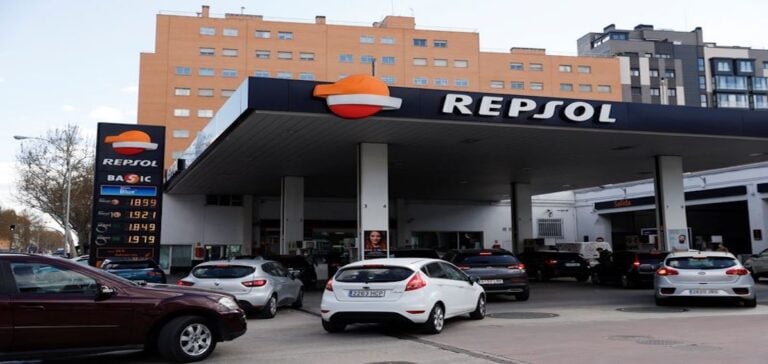Energy group Repsol saw its profits fall sharply in the first half of the year, due to lower oil prices but also to increased investment to diversify its activities.
The impact of market fluctuations on Repsol’s net income
The Spanish giant’s net income for the period came to 1.42 billion euros, down 44% on the first half of 2022 (2.54 billion), boosted by soaring black gold prices following the outbreak of war in Ukraine.
In the second quarter alone, earnings were down to 308 million euros. This figure is well below the expectations of analysts surveyed by financial information provider Factset, who were betting on an average net income of 677 million.
This change comes “against a backdrop of falling energy prices and demand”, says the oil group in a press release issued on Thursday, adding that in recent months it has continued “its transformation” to offer “a multi-energy offering”.
Repsol’s commitment to decarbonization and renewable energies
Repsol, which at the end of 2020 announced an investment plan worth 18.3 billion euros between now and 2025 to “decarbonize”, says it invested nearly three billion euros between January and June, mainly in Spain and the United States.
The Spanish group, which a year ago announced the sale of its exploration-production (upstream) division to the American investment fund EIG for $4.8 billion, has promised to use the money recovered to increase its investments in low-carbon renewable energies.
By 2023, Repsol plans to invest “more than five billion euros” in its ecological transition. Last year, the Spanish giant saw its profits soar to 4.25 billion euros, or 70% more than in 2021, thanks to soaring oil prices – which enabled all the oil majors to rake in record profits.
In Spain, this situation has prompted the left-wing government to introduce an exceptional tax on the profits of major energy groups, which should enable the state to recover two billion euros a year in 2023 and 2024.






















